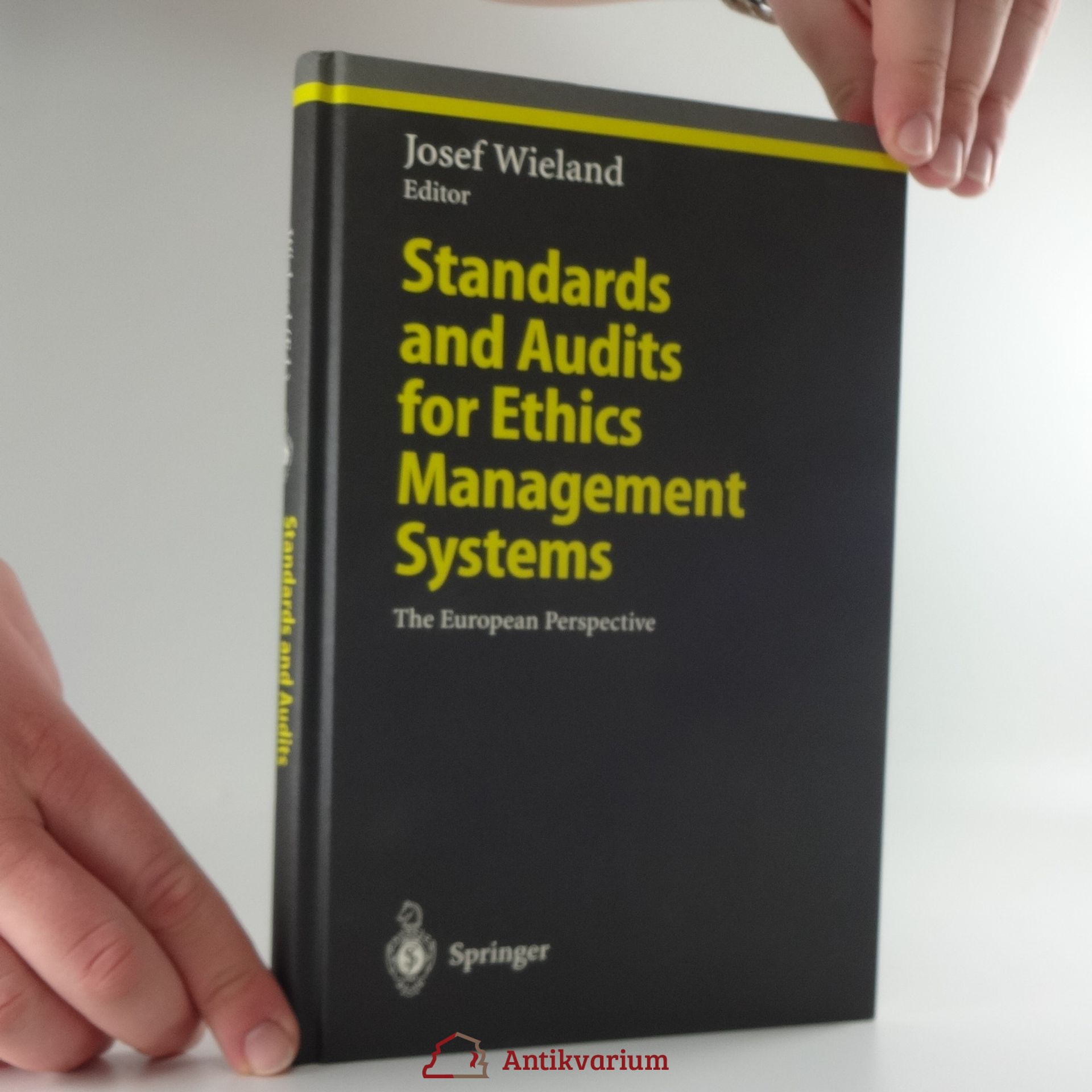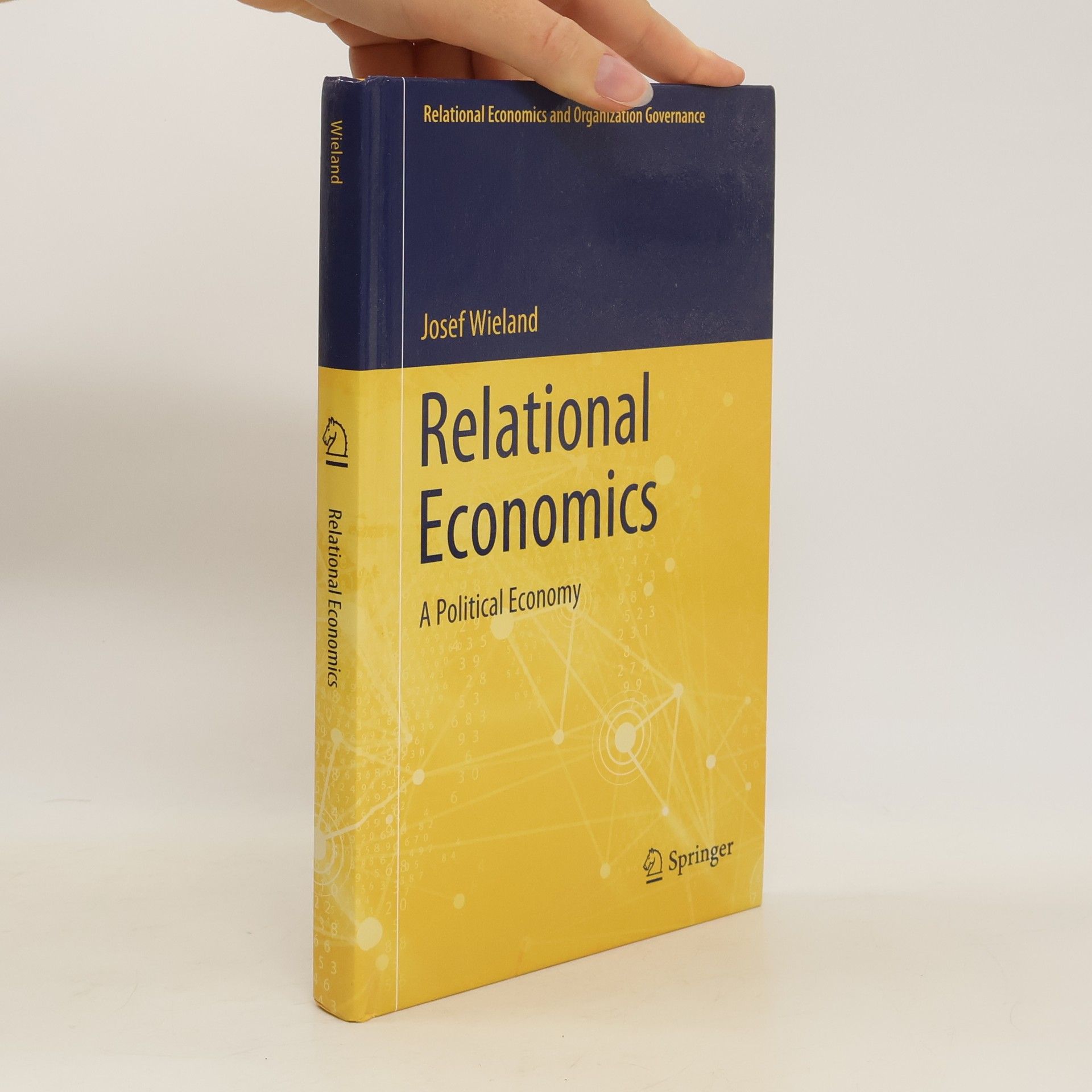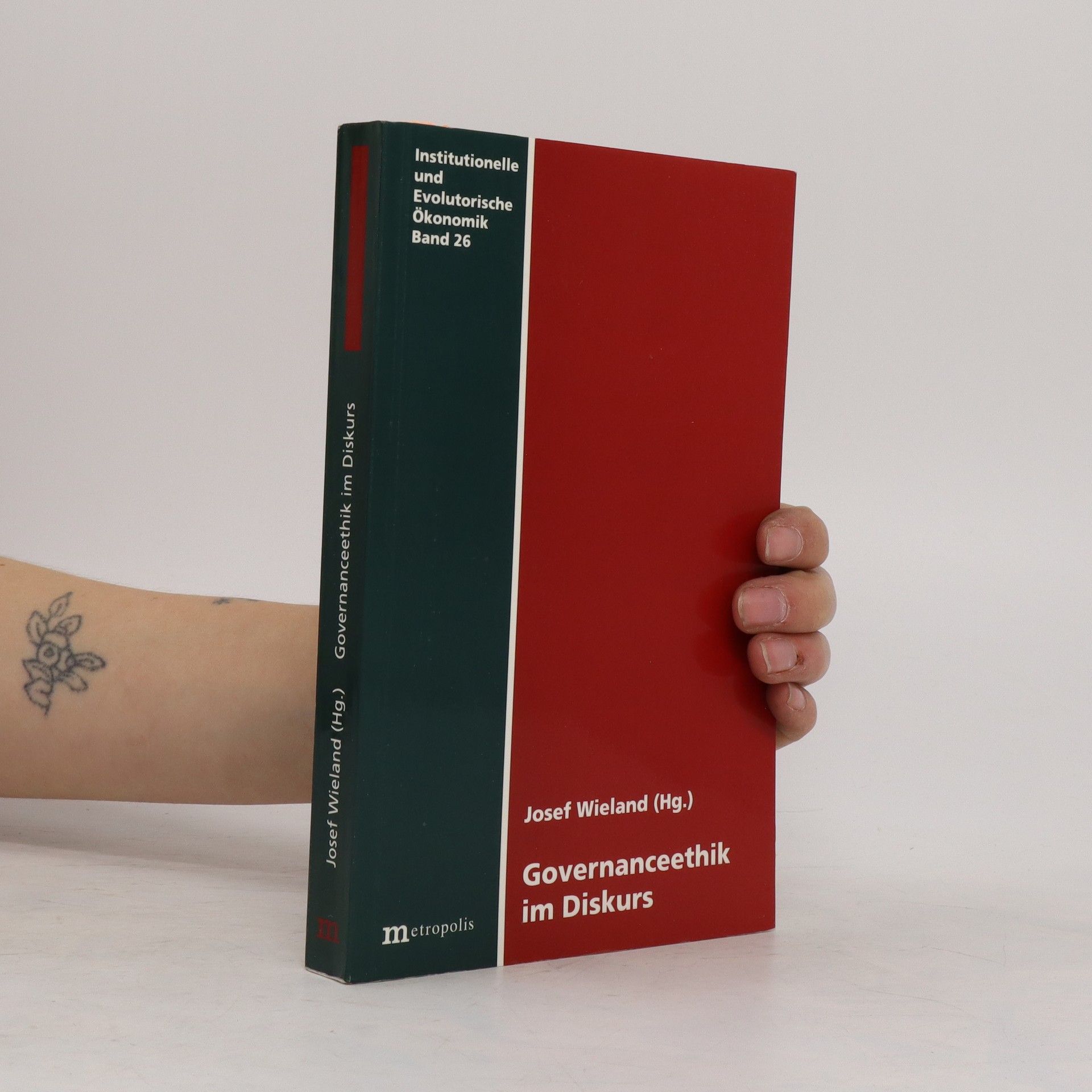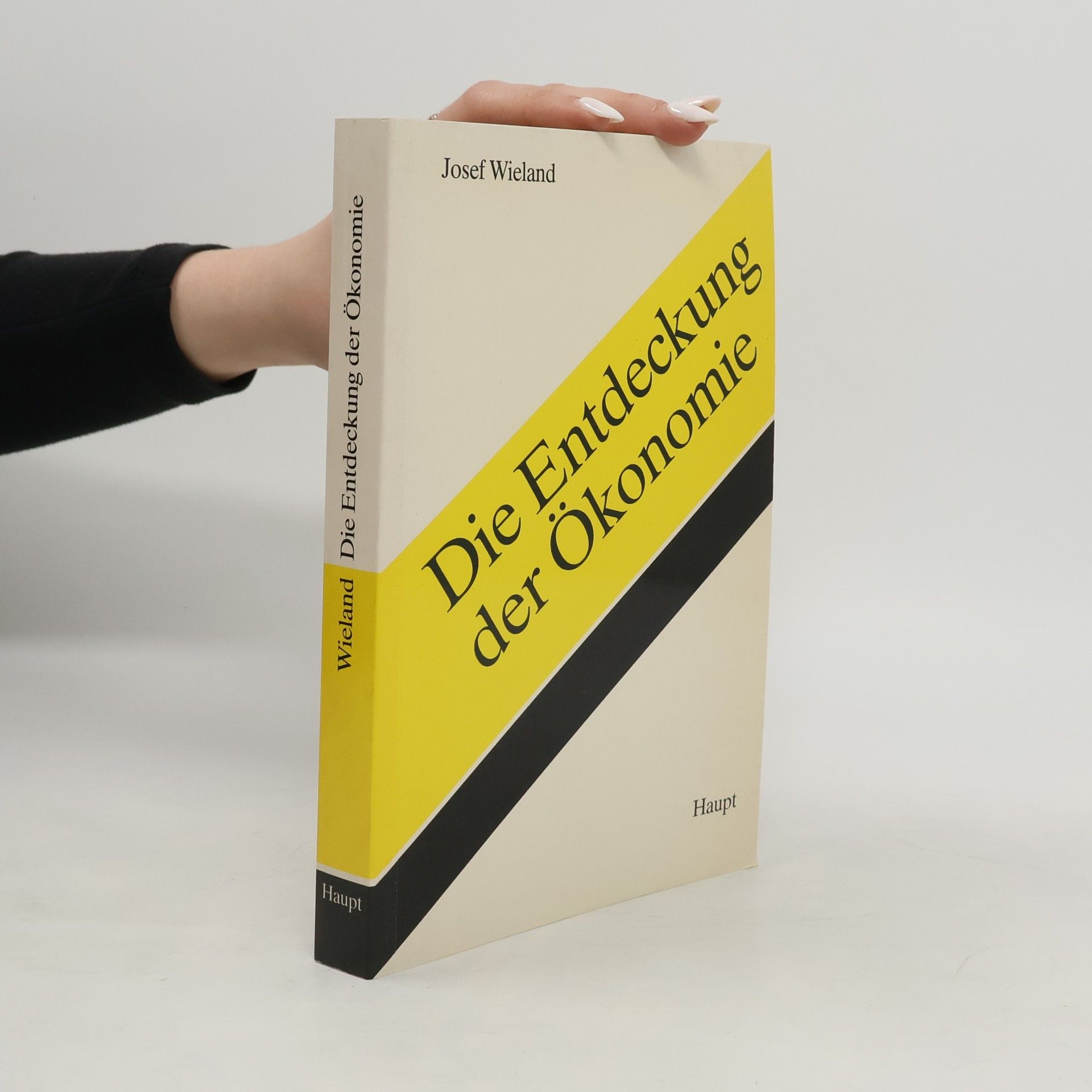Towards a Relational Theory of the Firm
Relational Governance, Cost and Stakeholder Business Models
- 140 pages
- 5 hours of reading
Focusing on the concept of a firm as a network of stakeholder resources, this book introduces a relational theory that emphasizes governance and managerial strategies within a relational economy. It revisits traditional views of the firm while exploring key concepts like relational governance, costs, and shared value creation. The author outlines the necessary epistemological and methodological foundations for this theory and invites readers to engage in its ongoing development, presenting a dynamic and process-oriented approach to business models.






